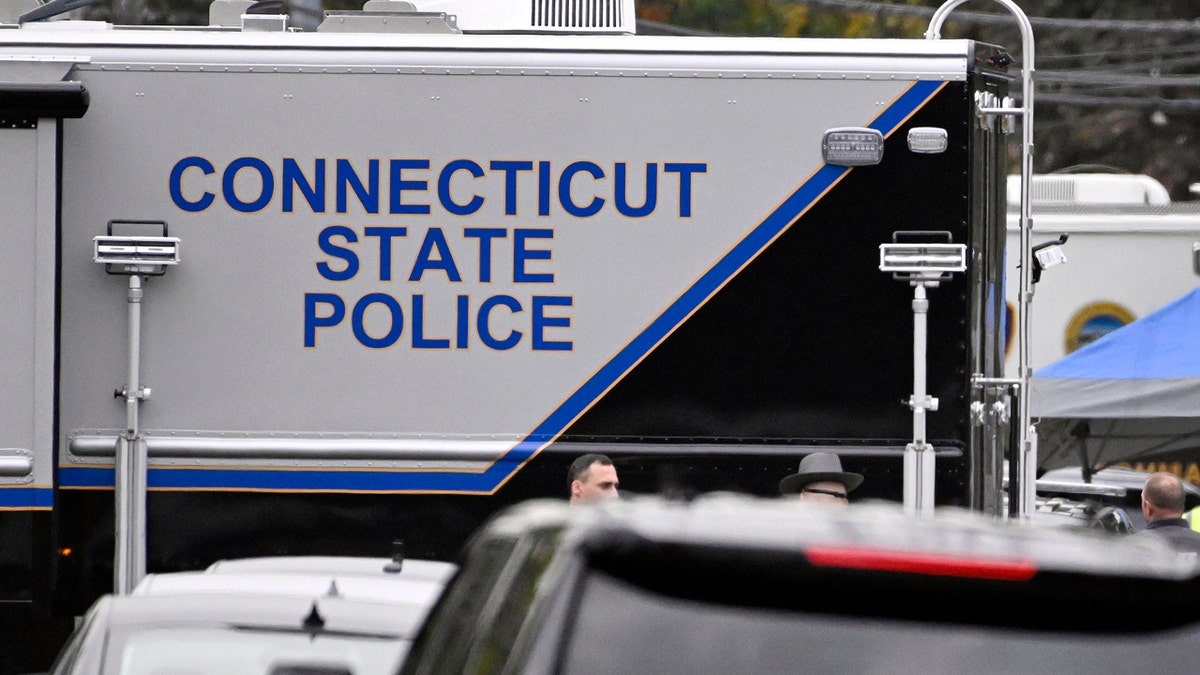Fox News Flash top headlines for September 8
Fox News Flash top headlines are here. Check out what's clicking on Foxnews.com.
A judge has rejected a bid by the Connecticut State Police Union to temporarily keep secret the names of 130 state police troopers under investigation for allegedly recording bogus traffic stops, but says it will get another chance.
The troopers are under investigation after an audit identified thousands of traffic stops that may have never happened, making it appear they were stopping and citing more drivers than they actually were.
Superior Court Judge Rupal Shah in Middletown denied the union's request on technical grounds Thursday. Shah ruled the union's request for an injunction was premature because the state Freedom of Information Commission has not yet decided whether the names should be publicly released.
Media organizations including The Associated Press have requested the troopers' names. State public safety officials denied a request for the names by The Connecticut Mirror, which has a pending appeal before the Freedom of Information Commission. The judge said the union could appeal to the courts if the commission orders disclosure of the names.

Connecticut State Police Major Crime unit members are seen in Bristol, Connecticut, Oct. 13, 2022. (AP Photo/Jessica Hill, File)
The union asked that the troopers’ names not be released until investigations are complete. It said 27 of the 130 troopers have been cleared of wrongdoing by state police officials and it expects more troopers to be cleared. The union says many discrepancies found in the audit could be due to recordkeeping or data entry errors.
"We are reviewing the judge’s decision to determine whether it will be necessary to file an appeal," the union said in a statement Friday.
CT SAFETY COMMISSIONER EXPECTS FEDS TO GET INVOLVED IN FAKE TRAFFIC STOP REPORT SCANDAL
An audit released by University of Connecticut data analysts in June found a "high degree of confidence" that troopers submitted information on at least 25,966 traffic stops that never happened.
Researchers looked at data submitted from 2014 and 2021 to a state database that tracks the race and ethnicity of drivers pulled over by police statewide. They say the false reports were more likely to identify drivers as white, skewing the data, which is meant to prevent racial profiling.
However, analysts cautioned that they did not try to determine whether the records were intentionally falsified or were wrong due to human error. They identified the stops as suspicious because the reported traffic citations never showed up in state court system records, where all tickets are adjudicated.
CLICK HERE TO GET THE FOX NEWS APP
The union says releasing the troopers' names before the investigations are complete could unfairly tarnish their reputations.











































